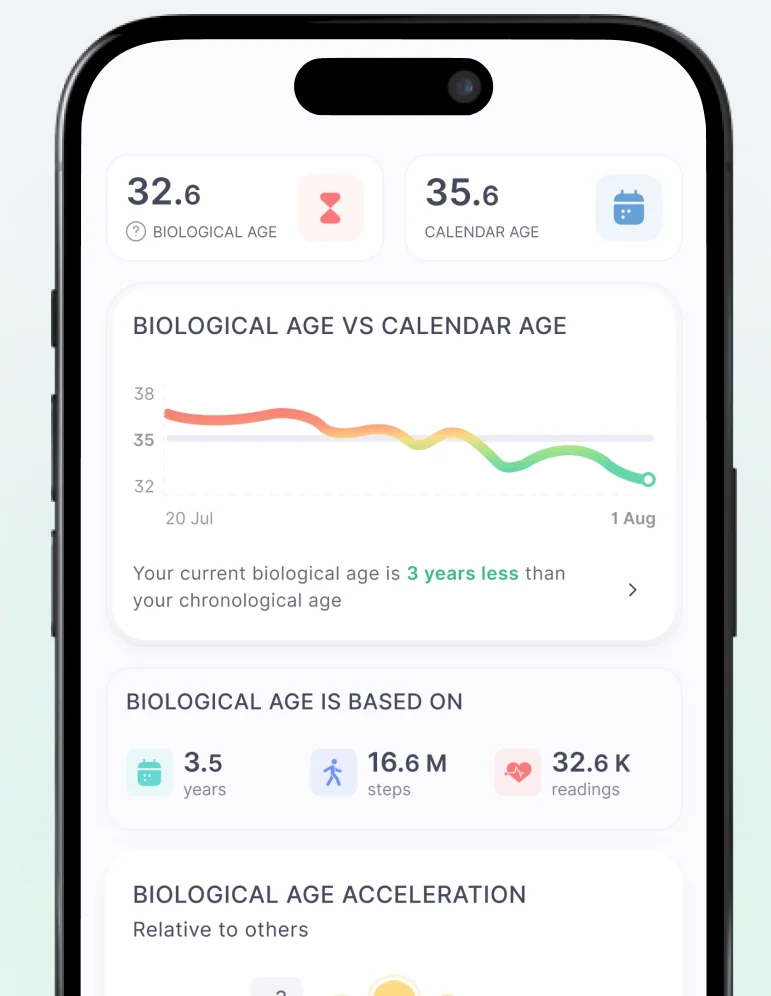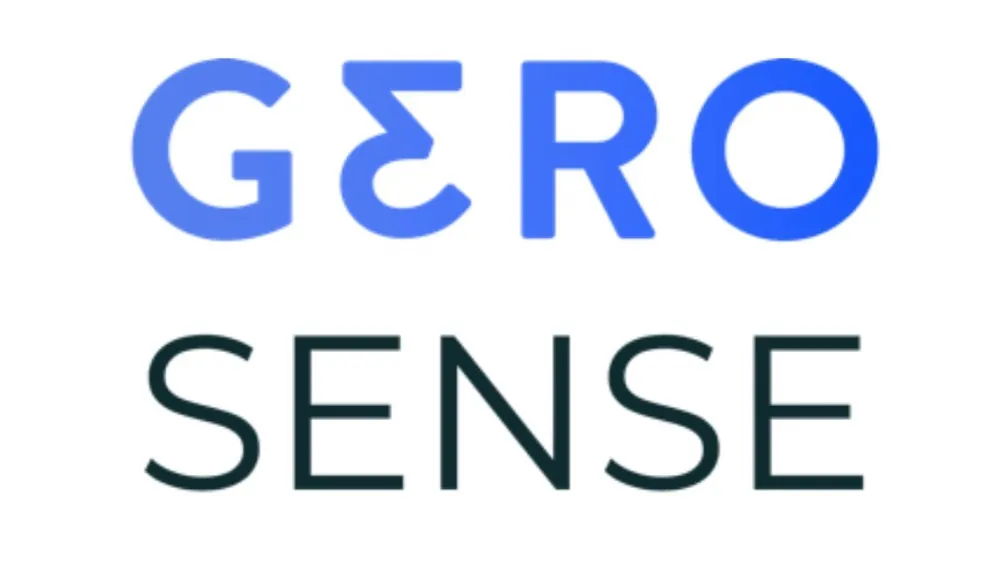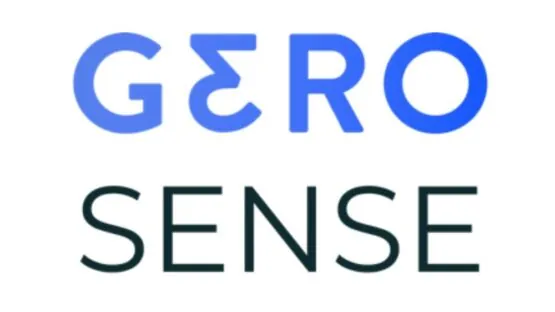The longevity company Gero has presented its new nonprofit initiative: a series of studies using the company’s aging clock, which is based on stepping patterns obtained from phones and wearables.
One small step for man, one giant leap for aging research?
Gero, an AI longevity company, has announced a new non-profit initiative named GeroSense Studies. GeroSense is its division dedicated to developing digital biomarkers of aging using data from smartphones and wearable devices.
In a recent industry survey conducted by the Longevity Biotech Fellowship, dozens of experts named the lack of validated biomarkers of aging as the number one bottleneck in the field. While other researchers try to deduce biological age and the rate of aging from epigenetic alterations and blood metabolome, GeroSense chose an uncommon approach. Its model uses only step patterns and, optionally, heart rate. Trained on data from UK Biobank and the NHANES study, it is roughly as precise – at least, according to Gero – as the well-regarded second-generation epigenetic clock PhenoAge.
The model’s predictive power surprised even its creators. According to Gero CEO Peter Fedichev, it goes beyond a simple linear relationship between the average daily number of steps and aging. For instance, the model correctly adjusts the results by occupation: that is, it knows that people who have to do a lot of walking for work, such as waiters or construction workers, tend to age faster on average than middle-class managers who might clock fewer steps but, overall, lead healthier lifestyles.
In an X thread announcing GeroSense Studies, Aleksandr Sviridov, CTO of Gero, noted: “You can spot the difference between 20, 50, and 80-year-olds just by looking at how they walk because how we move encapsulates almost every aspect of our health.” Fedichev likens this to studying exploratory behavior in mice, which can tell a lot about their health and aging. You can’t put humans in cages to constantly monitor their activity, but step patterns might be a good enough proxy.
The importance of human data
GeroSense Studies has an app that anyone with an iPhone can download and start obsessively watching their daily fluctuations in biological age. The Android version is currently in the works, but you can join the waiting list.

A screenshot from the GeroSense app
The new initiative means that GeroSense will start using this platform for studies on how various factors and interventions move the hands of the step-based aging clock. The first proof-of-concept study will involve a lot of self-reporting: a monthly lifestyle survey in which participants will be asked about their dietary habits as well as about the supplements and medications they are taking. Additionally, they will complete two bi-weekly clinically verified assessments for anxiety and depression, both suspected to be important factors in aging.
“Hormesis and stress mimetics are tested in mice,” Peter said, “but mental health and social status is something you can’t measure in animal models, so their effect on aging is understudied.”
According to Aleksandr, with their pilot study, they hope to validate their model by detecting well-known signals, such as from smoking, and, ideally, identify some yet-unreported large-size effects. The data will be anonymized and made publicly available, although you can opt-out if you are not interested in advancing the science of longevity (please don’t). According to Gero, the new initiative is completely non-profit and represents the company’s attempt to benefit the entire field.
“We are not content with the situation where we haven’t found anything that prolongs lifespan more robustly than rapamycin,” Aleksandr explained. Peter, who has floated his own theory of aging (you can read all about it in our interview with him), maintains that mice age in a fundamentally different way than humans, which is why data from mouse studies isn’t very helpful in understanding human aging and how various interventions affect it.
Participation is crucial
Of course, studies like the ones that GeroSense plans to run have numerous limitations. For instance, there is no randomization, and self-reporting is notoriously unreliable. However, large sample sizes can mitigate some of the deficiencies, which is why GeroSense hopes to recruit many participants. With wearables still not widely popular, GeroSense’ obvious advantage is that it can gather basic data on steps from smartphones as long as participants remember to carry their phones.
Aleksandr is aware of those limitations but says that it’s quantity versus quality; GeroSense’s approach will potentially allow the testing of a variety of understudied factors and interventions. This is reminiscent of another initiative we recently covered: Ora Biomedical’s Million Molecule Challenge. While GeroSense insists on the importance of human data, MMC is about high-throughput testing in worms.
However, the unifying idea is that we must cast a wider net if we want to “unstick” the longevity field. In fact, Aleksandr says, GeroSense’s initiative was somewhat inspired by the self-reporting-based study of rapamycin co-authored by Ora’s co-founder Matt Kaeberlein. GeroSense plans to reproduce this study in the future.
GeroSense’s approach can prove especially valuable for investigating the anti-aging effects of supplements that do not get tested in high-quality studies a lot. Other targets that the company’s currently eyeing include fasting, antidepressants, microdosed psychedelics, and GLP-1 agonists such as Ozempic. However, it all hinges on participation.




